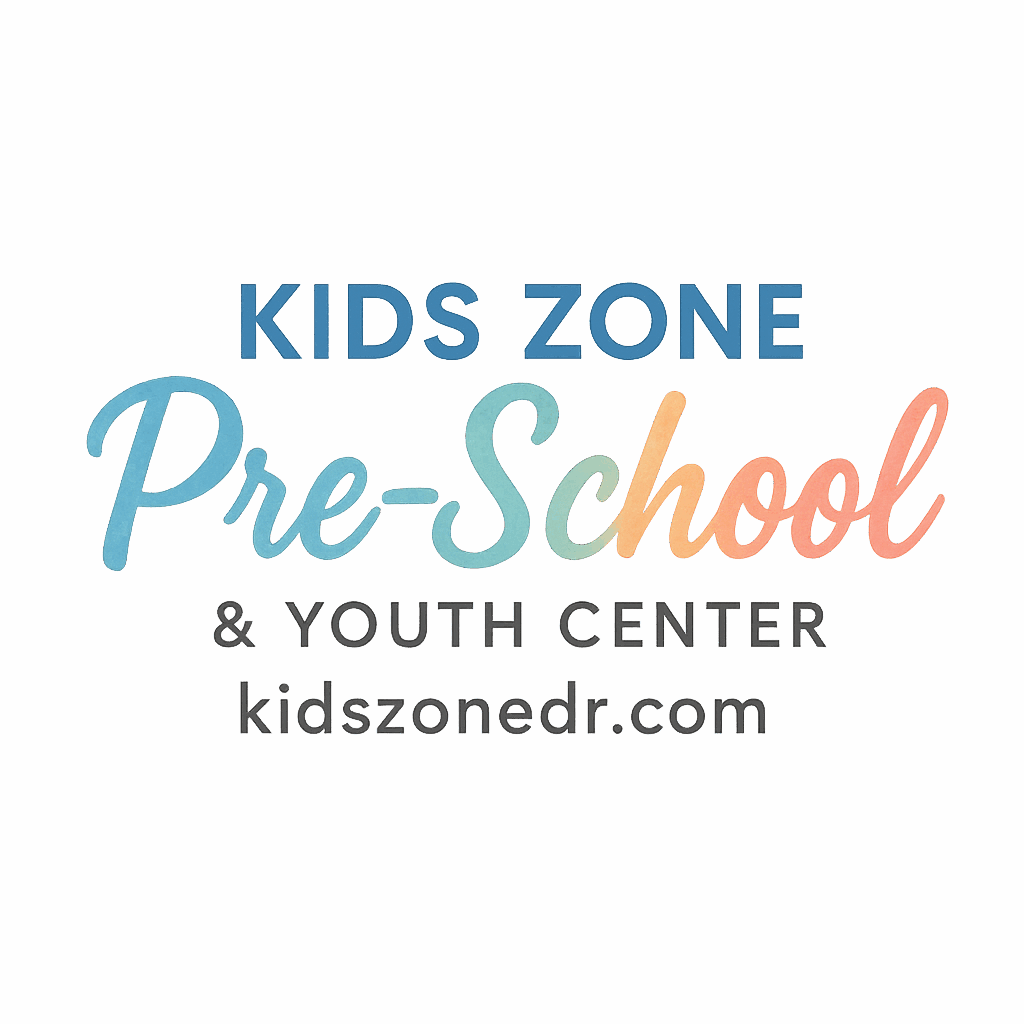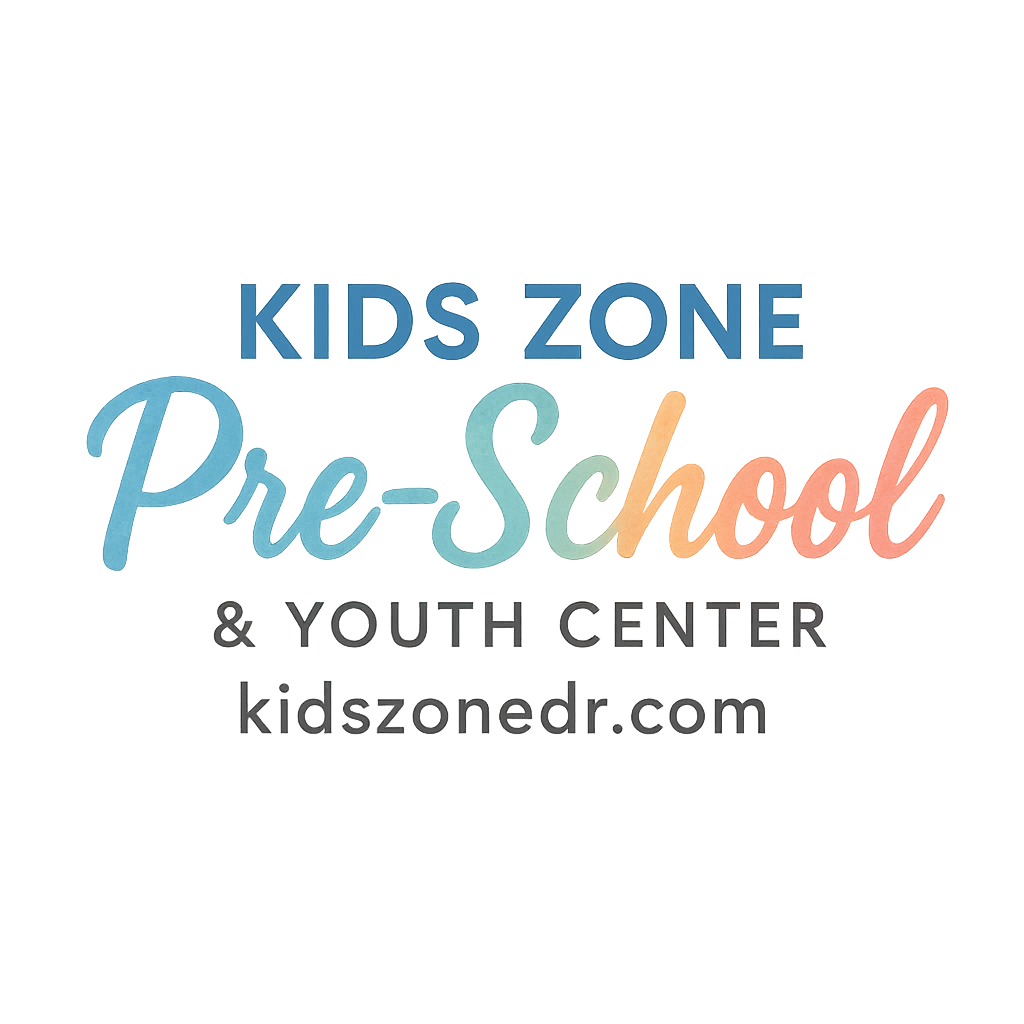Introduction: Why Pretend Play Shops Matter
Imagine walking into a preschool classroom and seeing kids happily stocking shelves, serving “coffee,” or delivering letters to friends. This isn’t just cute—it’s powerful learning in action. Pretend play shops are one of the best ways to introduce children to real-world concepts while keeping the experience fun, safe, and engaging.
Preschools and youth centers across the globe are embracing these play setups because they encourage imagination, cooperation, and practical life skills. In this article, we’ll explore five of the most popular pretend play shops for kids, why they matter, and how they support holistic child development.
The Importance of Role Play in Early Childhood
Pretend play isn’t just about entertainment—it’s a critical component of preschool learning and development.
Boosting Creativity and Imagination
When children take on different roles, they invent scenarios, solve problems, and create imaginative stories. Whether they’re a shopkeeper or a customer, their creativity shines.
Supporting Social and Emotional Growth
Pretend play allows kids to practice cooperation, sharing, and empathy. Taking turns being a cashier or customer helps them navigate emotions and relationships.
Encouraging Language and Communication Skills
Role play naturally builds vocabulary. Words like “receipt,” “delivery,” or “appointment” enter their world, strengthening both listening and speaking skills.
What Makes Pretend Play Shops So Popular in Preschools?
Hands-On Learning Through Play
Children learn best by doing. Pretend shops let them practice life skills like shopping, paying, or organizing in a safe and playful environment.
Building Confidence in Everyday Scenarios
When kids role-play familiar settings like a café or grocery store, they become more confident in handling real-world situations.
1. Pretend Grocery Store Play Shop
Few play shops are as beloved as the classic grocery store setup.
Learning About Healthy Eating and Nutrition
Children can “shop” for fruits, vegetables, and snacks, which opens conversations about healthy eating habits. For more on promoting balanced meals, check out healthy eating tips for kids.
Building Math and Money Skills
From counting apples to pretending to pay with play money, kids start developing number sense and problem-solving skills.
Social Skills Through Role-Switching
Taking turns as cashier, customer, or bagger encourages teamwork, patience, and role flexibility.
2. Pretend Café or Bakery Play Shop
Who doesn’t love a little coffee and cake—even if it’s plastic?
Encouraging Cooperation and Teamwork
Running a café requires collaboration. One child may “bake,” another serves, while others play customers.
Exploring Food Preparation and Creativity
Kids invent menus, design cakes, or “brew” coffee, exercising creativity and planning.
Developing Fine Motor Skills
Pouring pretend drinks, balancing trays, or cutting play food supports coordination and control.
3. Pretend Doctor’s Clinic Play Shop
A pretend clinic helps kids step into a caregiver role and understand wellness.
Understanding Health and Safety
Children explore stethoscopes, bandages, and check-ups, learning about basic health practices. For related resources, visit health and safety in preschool.
Reducing Anxiety About Medical Visits
Role-playing doctor visits helps normalize the experience, making real check-ups less intimidating.
Practicing Empathy and Caring Roles
Taking turns as “doctor” or “patient” teaches compassion and empathy.

4. Pretend Post Office or Delivery Shop
In an age of online shopping, kids love to role-play package deliveries.
Learning About Communication and Community
A post office setup introduces kids to the idea of mail, letters, and community connections.
Introducing Early Literacy Skills
Writing letters, reading names, and sorting envelopes build literacy skills naturally.
Organizing, Sorting, and Sequencing Activities
Kids practice categorizing packages, matching addresses, and sequencing delivery routes.
5. Pretend Clothing or Fashion Boutique
Dress-up time takes center stage in a pretend boutique.
Exploring Self-Expression and Confidence
Trying on different outfits allows kids to express their personalities and build confidence.
Encouraging Decision-Making Skills
Choosing what to “buy” or “wear” builds independence and decision-making abilities.
Practicing Sharing and Negotiation
Negotiating roles as shopkeepers or deciding who wears a certain hat builds social cooperation.
How Pretend Shops Support Preschool Learning and Development
Pretend play shops align beautifully with preschool milestones.
Tying into Daily Routines and Activities
Shops mimic real-life routines like shopping or eating, reinforcing familiar structures. Explore more at daily routines and preschool activities.
Linking Play with Educational Milestones
From counting objects to practicing new vocabulary, pretend shops support academic foundations. Check out preschool learning and development.
Tips for Setting Up Pretend Shops in Preschools and Youth Centers
Using Simple, Affordable Materials
Cardboard boxes, recycled containers, and toy money are all you need to create a mini-shop.
Rotating Themes to Keep Kids Engaged
Switch from grocery stores to cafés to clinics to keep playtime fresh.
Involving Parents and Teachers in Role Play
Engaged adults can guide learning while letting kids lead the fun. See more on parental involvement.
Safety and Wellness in Pretend Play Shops
Creating a Safe, Inclusive Play Space
Always ensure pretend play areas are free of choking hazards and inclusive for all children.
Encouraging Positive Habits During Play
Pretend doctor visits, healthy shopping, or role-play cooking help reinforce good habits. Visit wellness in preschool.
Parental Involvement in Pretend Play Activities
Extending Play at Home
Parents can set up simple shops at home using toys, books, or kitchen items.
Asking the Right Questions to Spark Conversations
Questions like “What’s on your menu today?” or “How much does this cost?” encourage kids to think critically.
Conclusion
Pretend play shops are more than just adorable classroom setups—they’re powerful tools that teach creativity, social skills, problem-solving, and confidence. Whether it’s a grocery store, café, clinic, post office, or boutique, these activities allow children to role-play real-world scenarios while building lifelong skills.
If you’re a teacher, parent, or youth center facilitator, adding pretend shops to your environment is one of the simplest yet most effective ways to boost learning through play.
FAQs
1. Why are pretend play shops important in preschool?
They help kids practice real-world scenarios, build language, social skills, and confidence.
2. What’s the best age for pretend play shops?
Children between ages 3–6 benefit most, though older kids also enjoy them.
3. How do pretend shops encourage learning?
Through role play, children practice counting, literacy, communication, and problem-solving.
4. Can pretend play reduce anxiety in kids?
Yes! Doctor clinics or post office setups make real-world experiences less intimidating.
5. How can parents support pretend play at home?
By creating simple shops with toys, recycled items, and everyday objects.
6. Are pretend play shops safe for all kids?
With proper supervision and safe materials, yes. Ensure no small choking hazards are used.
7. How do pretend shops connect to preschool milestones?
They reinforce milestones like social interaction, vocabulary growth, and early math skills.


